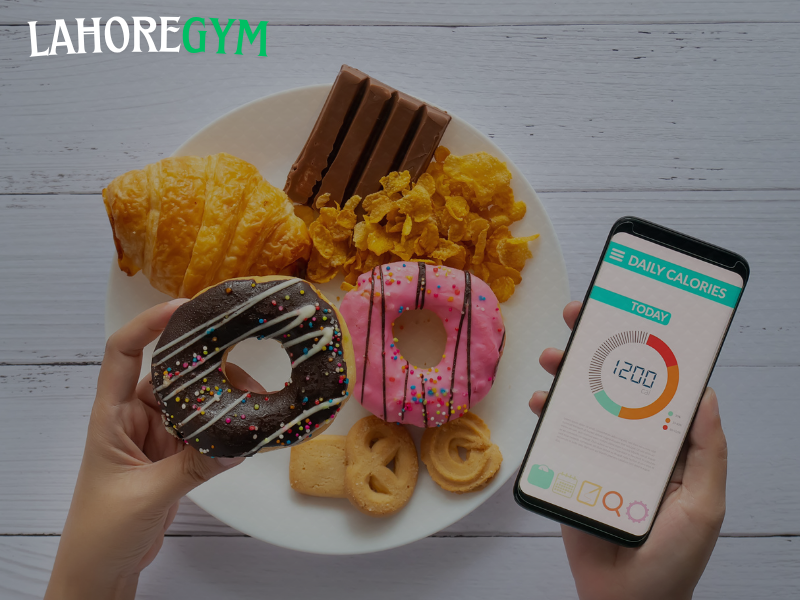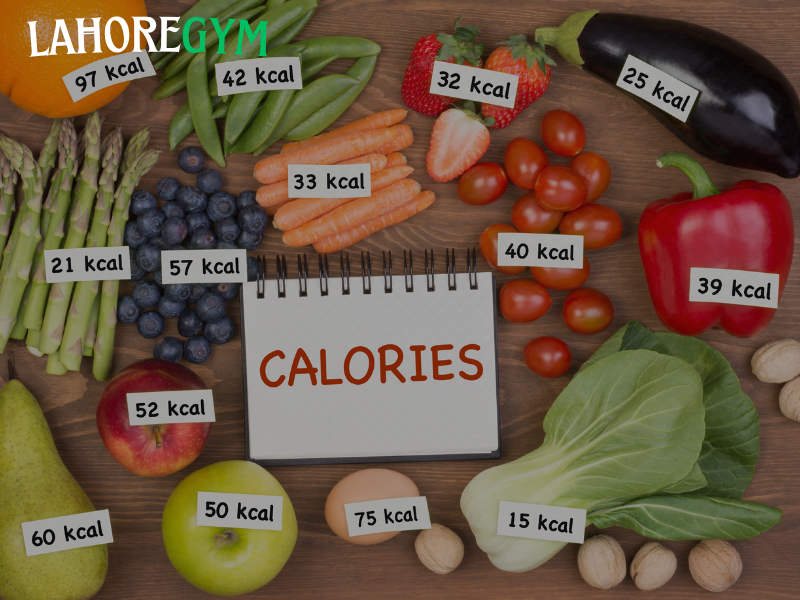Let’s be honest—trying to get in shape, lose a few pounds, or just feel better in your own skin isn’t always easy. You might eat healthier, move a bit more, drink your water… but sometimes the results just don’t show. That’s where tracking apps come in—not as some magic solution, but as a simple way to finally see what’s actually working.
And no, you don’t need to be a fitness junkie or someone glued to their phone all day. These tools can fit into your routine with very little effort—and the difference they make? Huge.

Why Tracking Matters More Than You Think
Here’s the thing: our brains are terrible at remembering small details. We think we ate well, that we were more active this week, that we slept enough. But did we really?
When you track, you’re not guessing anymore. You’re working with real data.
By using tracking apps, you can see:
- How many calories you’re really eating each day
- How active you’ve actually been (not just how active you felt)
- Whether your workouts are helping you progress
- If you’re recovering well through proper sleep and rest
You can’t improve what you don’t measure. And once you start seeing trends—good or bad—you’ll be able to adjust way faster instead of wasting weeks wondering why nothing’s changing.
The Different Types of Tracking Apps (And What They’re Good For)
You don’t need to use them all. In fact, most people do great starting with just one. But to find the right one for you, here’s a quick breakdown:
1. Nutrition & Calorie Tracking
These are especially useful if weight loss or weight management is your goal.
Popular apps include:
- MyFitnessPal
- Cronometer
- Lose It!
You simply log what you eat—either by searching for foods or scanning barcodes—and the app takes care of the math: calories, protein, carbs, fats, etc.
Now, if you’re not sure how many calories you should be eating, there’s a helpful calculator here:
👉 https://waznq.com/calorie-counting/
It gives you a clear daily target based on your body, lifestyle, and goals. Super simple.
2. Workout Tracking
Want to know if your strength is improving? Or if you’re skipping leg day a little too often?
Apps like Fitbod, JEFIT, or Strong help you log each workout, track your progress over time, and even suggest routines if you’re stuck in a plateau.
Even if you’re just lifting twice a week, seeing how your lifts improve is seriously motivating.
3. Step and Activity Trackers
Most phones these days already count your steps, but if you want more precision or want to track things like heart rate, distance, or elevation, try:
- Fitbit
- Apple Health
- Garmin
- Google Fit
Reaching 8,000–10,000 steps a day might sound random, but it’s a surprisingly powerful tool for fat loss, especially when combined with mindful eating.

4. Sleep and Recovery Tracking
We all think we sleep enough—but quality sleep is often the missing piece in the fitness puzzle.
Devices like the Oura Ring or WHOOP go beyond just tracking hours slept. They measure heart rate variability, recovery status, and sleep stages. If you’re constantly tired despite “sleeping enough,” these apps can shed light on what’s going wrong.
How to Use These Tools Without Driving Yourself Crazy
Tracking doesn’t have to take over your life. In fact, if it feels overwhelming, you’re doing too much.
Here’s how to keep it sustainable:
Start with One Metric
Don’t log your food, your sleep, your steps, and your workouts all at once. It’s too much. Pick the one that aligns with your goal.
If fat loss is your goal, start with calorie tracking.
If your sleep has been a mess, start there.
Be Consistent, Not Perfect
This isn’t about being perfect—it’s about being honest. Missed a workout? Ate fast food? Log it anyway. You’re building awareness, not chasing perfection.
Review Trends, Not Daily Numbers
Weight fluctuates. Energy levels change. Don’t stress about day-to-day shifts. Instead, look at your data over a week or two. Are you trending in the right direction?
If not, you’ll be able to make small, smart changes based on real evidence.
Why This Kind of Tracking Actually Keeps You Motivated
Here’s something most people don’t expect: when you start tracking, you feel more in control. That alone can give you a serious mental boost.
Let’s say you’ve been logging your food and notice your calories have been on point for two weeks. The scale hasn’t moved much—but suddenly you notice your pants fit better. That’s not luck. That’s results.
And when progress stalls? You’ll have data to look back on. You can tweak one thing at a time, instead of panicking and giving up altogether.
Final Thoughts
Tracking apps aren’t about obsession or perfection. They’re about clarity. They give you a clearer picture of what’s working, what’s not, and how to adjust without emotion clouding your judgment.
Whether your goal is weight loss, muscle gain, better sleep, or just better overall health, tracking gives you the upper hand.
And the best part? Once you’ve built some awareness, you may not need them forever. But for getting started—and getting results—they’re an incredibly powerful ally.

